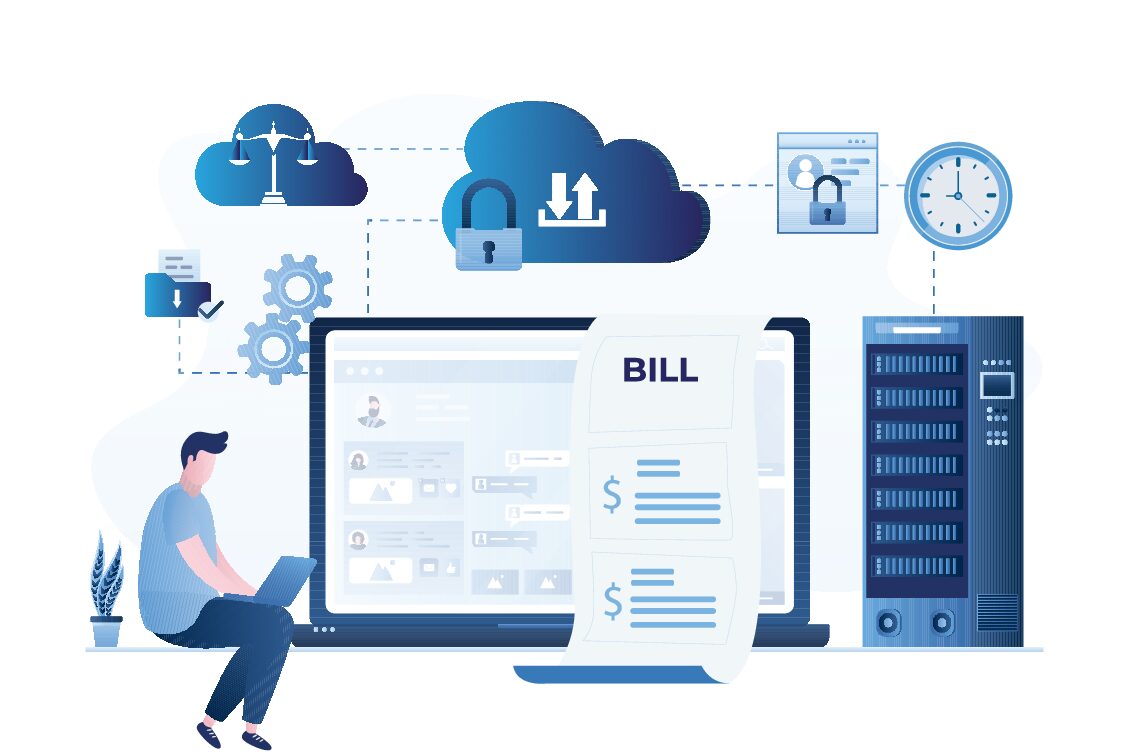Calculations and numbers are only part of the process when determining your legal rates. Though you should never set you fees strictly based on what others are charging, it is important to examine your specific market and determine where your rates fit with other attorneys within your geographic and practice areas.
Following the Crowd
Some attorneys look at the lawyers around them and decide that charging lower fees is the best way to attract clients.
This is not a good idea. I repeat. This is not a good idea.
The lowest fees on the block do not equate to a successful marketing strategy. It simply means that you have the lowest fees on the block, which can actually create a negative view of your firm from a potential client’s perspective.
When they compare prices, they may assume that your services are not as valuable as the firm downtown, which charges $100 more per hour. For many people, less value equates to less capability or less success.
They would rather spend more for what they perceive to be the “better” attorney.
The Unattractive Client
The other problem with cheapening the price of your legal services is the type of client you will attract. I call these the “can I get a deal” clients.
They are not attracted to your lower fees because of financial necessity. Instead, these clients are just not willing to pay what your services are truly worth. So, they call around until they find the cheapest lawyer on the block. Yes, you may have gained a new client, but at what cost?
These individuals value your low fees far more than they value the services you provide. Most often, these are the clients who will bombard with irrelevant questions and irrational requests, but constantly complain about paying your fees.
Every client is not a good client. Allow your fees to create a barrier that keeps the bad ones away.
I want to include an important caveat here, though. Some clients contract with lower charging attorneys because they are unable to afford higher rates, and there is absolutely nothing wrong with providing affordable legal services to these clients. But rather than lowering your rates across the board, how about volunteering with a pro bono association or setting aside a certain number of hours per month for reduced fee work? It’s admirable to give back, but don’t give back so much that you put yourself out of business.
Underestimating Your Abilities
Another popular method of fee setting is to base rates on years of experience. New attorneys often assume that they should not set their fees at the same level as experienced lawyers within their market.
They start out with low fees, with the expectation that they will increase their rates with each year of practice.
Where is this rule written? Who says that you, as a new attorney, cannot provide the same level of commitment and service as an experienced attorney? You have already taken a chance on yourself by setting up a practice; why not continue that confidence with higher rates? There’s nothing wrong with starting high (or at least midway) and growing even higher.
Setting your fees at an appropriate level can mean the difference between a thriving practice and the unemployment line. Take the time to do your research and make a well informed decision. Your legal future depends on it.
About Erika Winston:
Erika Winston is a Virginia based writer with a passion for all things legal. As a former domestic relations attorney, she understands the challenge of determining the best fee structure for your practice. Erika is a regular contributor to TimeSolv and a variety of other publications.


















